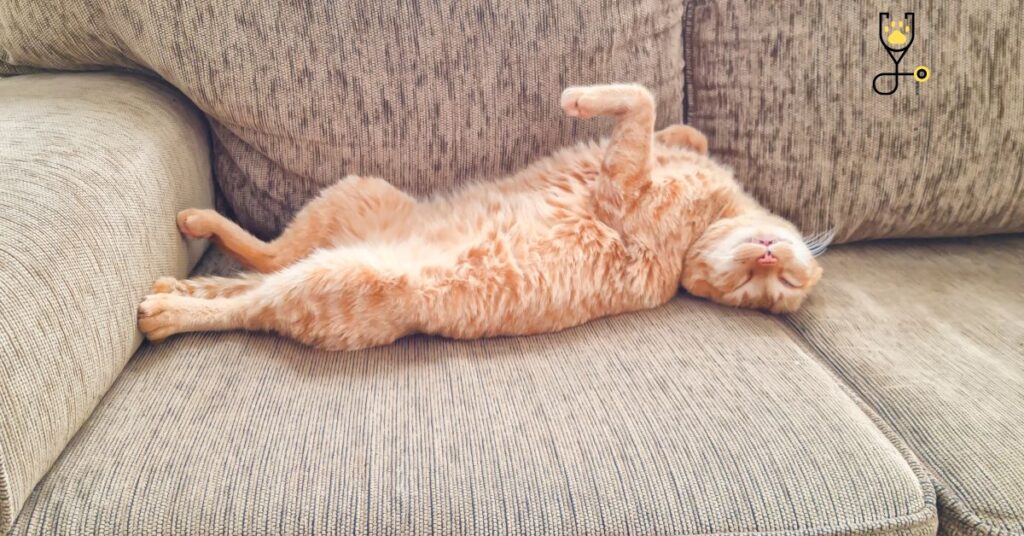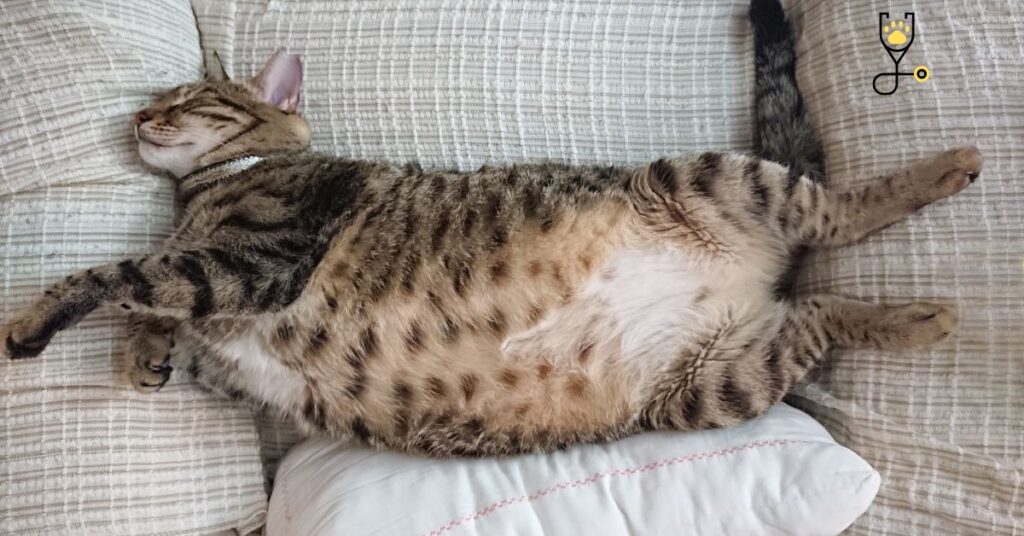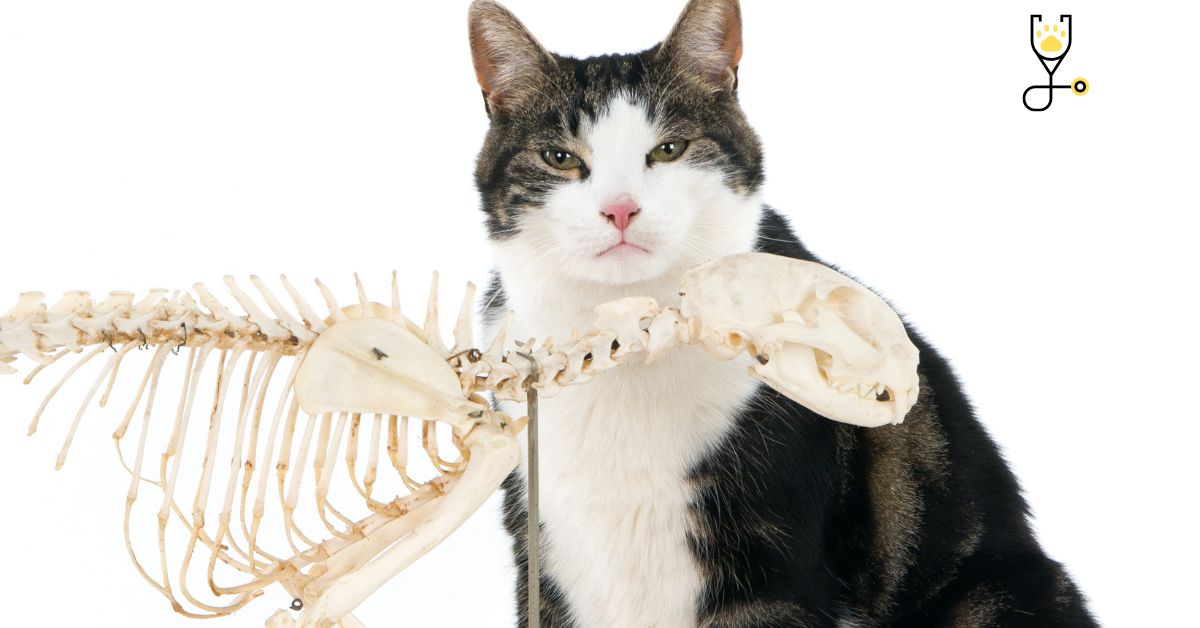If you have a cat, you may be wondering if arthritis is something that you should be concerned about. After all, arthritis is a common condition in humans, and it can be very painful. Luckily, arthritis in cats is not nearly as dangerous as it is in humans. In fact, with the proper care, most cats with arthritis will live happy and healthy lives.
What is arthritis?
Arthritis is a joint disorder that causes inflammation, pain, and stiffness in the joints. It can be caused by a variety of things including age injury, and infections. Cats of all ages can develop arthritis, but it is most common in older cats.
How does arthritis affect cats?-Symptoms
The most common symptom of arthritis in cats is lameness. This is when a cat has difficulty walking or moving due to pain in the joints. Other symptoms of arthritis in cats include:

-Decreased activity level: If your cat is normally very active and suddenly becomes lethargic, it could be a sign that they are in pain.
-Change in appetite: A decrease in appetite is another common symptom of arthritis in cats. If your cat stops eating or seems to be losing weight, it’s important to take them to the vet.
-Irritability: Arthritis can be very painful, and pain can make cats irritable. If your cat is normally calm and suddenly starts biting or scratching, it could be a sign that they are in pain.
-Difficulty grooming: Arthritis can make it difficult for cats to groom themselves. If you notice that your cat is not grooming as much as usual, or that their fur is looking messy, it could be a sign of arthritis.
-Swelling in the joints: If you notice that your cat’s joints are swollen or hot to the touch, it could be a sign of arthritis.
Causes of arthritis in cats
there are a variety of things that can cause arthritis in cats, including age, injury, and infections.
-Age: Just like in humans, arthritis is more common in older cats. This is because the joints degenerate over time, and this can lead to pain and inflammation.
-Injury: If a cat has an injury to its joints, it can cause arthritis. This is especially common in cats who have had a previous injury, such as a fracture.
-Infections: Infections in the joints can also lead to arthritis. This is more common in young cats, as their immune systems are not as developed as those of older cats.
-Degenerative joint disease: Degenerative joint disease is a condition that causes the joints to degenerate over time. This can eventually lead to arthritis.
How is arthritis diagnosed in cats?
If you think that your cat may have arthritis, the first thing you should do is take them to the vet. The vet will likely do a physical examination and take x-rays to look for signs of arthritis. They may also recommend blood tests to rule out other conditions.
How is arthritis treated in cats?
There is no cure for arthritis, but there are things that can be done to help manage the pain and make your cat more comfortable.
-Weight management: One of the most important things you can do for a cat with arthritis is to help them maintain a healthy weight. This will help to take some of the pressure off of their joints.

-Exercise: Exercise is important for all cats, but it’s especially important for those with arthritis. Regular exercise will help to keep the joints flexible and reduce pain.
-Pain medication: There are a variety of pain medications that can be used to help manage the pain of arthritis. Your vet will be able to prescribe the best medication for your cat.
-Joint supplements: Joint supplements can also be helpful in managing the pain of arthritis. These supplements can be found in pet stores or online.
-Acupuncture: Acupuncture is a treatment that has been shown to be effective in reducing the pain of arthritis. It involves the placement of needles at specific points on the body.
-Surgery: In some cases, surgery may be necessary to help improve the quality of life for a cat with arthritis. This is typically only done in severe cases.
Preventions of arthritis in cats
There are a few things you can do to help prevent arthritis in your cat.
-Keep them at a healthy weight: One of the best things you can do for your cat’s joints is to keep them at a healthy weight. This will help to reduce the amount of pressure on their joints.
-Provide them with a comfortable bed: A comfortable bed will help to reduce the pain of arthritis and make your cat more comfortable.
-Give them regular exercise: Exercise is important for all cats, but it’s especially important for those at risk for arthritis. Regular exercise will help to keep the joints healthy and reduce the risk of arthritis.
-Talk to your vet: If you have any concerns about your cat’s joint health, be sure to talk to your vet. They will be able to give you more specific advice on how to prevent arthritis in your cat.
Conclusion
Arthritis is a common condition in cats, but it can be managed. There are a variety of things you can do to help reduce the pain and make your cat more comfortable. If you think that your cat may have arthritis, be sure to talk to your vet.
FAQ’s
The most common symptom of arthritis in cats is pain. This can be manifested in a variety of ways, such as decreased activity, difficulty moving, or even crying out in pain. Other symptoms may include weight loss, lethargy, and decreased appetite.
There are a variety of things that can cause arthritis in cats. The most common cause is age-related wear and tear on the joints. Other causes can include obesity, injury, or infections.
If you think that your cat may have arthritis, the first thing you should do is take them to the vet. The vet will likely do a physical examination and take x-rays to look for signs of arthritis. They may also recommend blood tests to rule out other conditions.
There is no cure for arthritis, but there are things that can be done to help manage the pain and make your cat more comfortable. This may include weight management, exercise, pain medication, joint supplements, acupuncture, or surgery.
There are a few things you can do to help prevent arthritis in your cat. These include keeping them at a healthy weight, providing them with a comfortable bed, giving them regular exercise, and talking to their vet.







